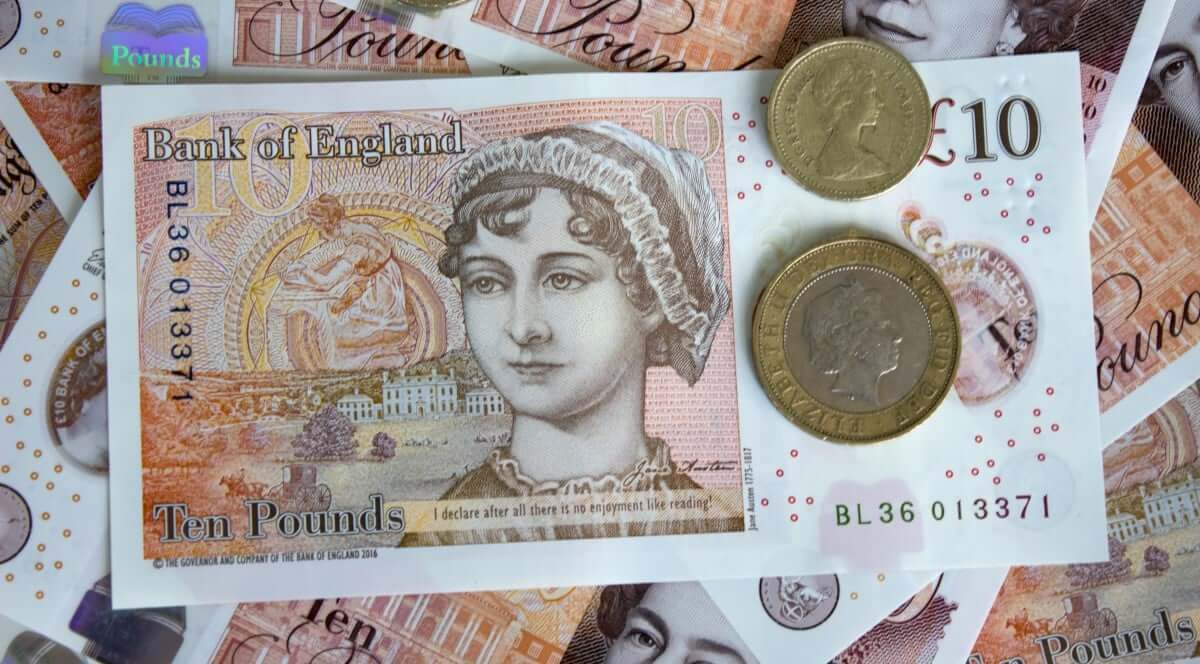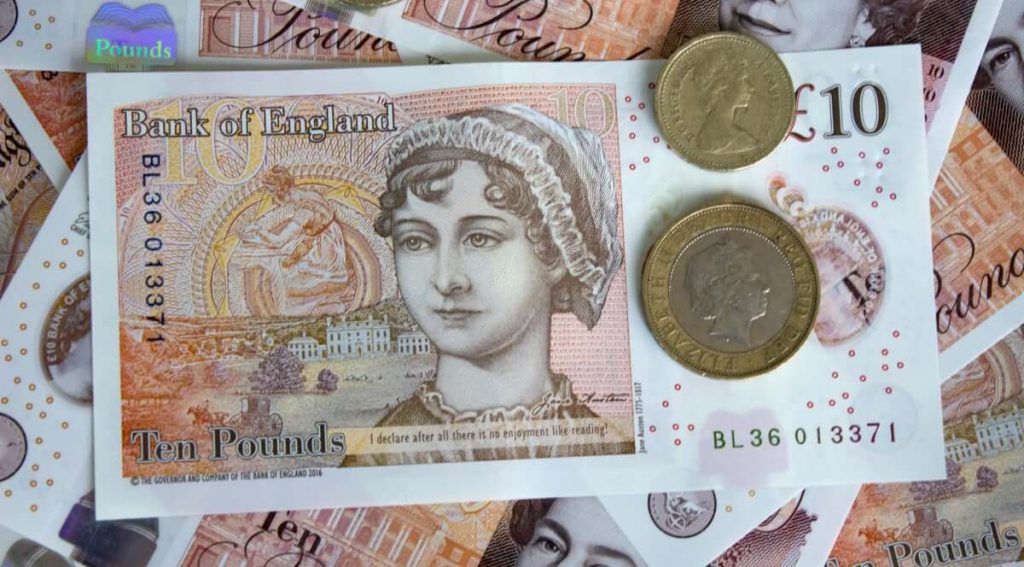
Sterling fell after a brief rally. What about the Euro?
The British Pound fluctuated on Wednesday. The currency skyrocketed at $1.084 during the morning trading but then plummeted by 1.5%. It exchanged hands at $1.0583 at last. The Bank of England announced that it would step in to support the gilt market, its statement hinting at concerns in financial markets, which boosted the safe-haven greenback to its latest two-decade high.
The BOE wants to stabilize financial markets and contemplates buying long-dated government bonds between now and Oct. 14 if needed. The bank may also postpone the start of its gilt sale program due next week.
Some analysts think that the Sterling fell because of the BOE’s announcement, while others think that the GPB’s move was the reaction to the U.S. dollar’s rally. John Hardy, the head of FX strategy at Saxo Bank, noted that the pressure on the British central bank to hike its interest rates is breaking financial markets in the country. That means the bank had to move, especially considering that other major central banks are also in tightening mode.
As Japan’s example showed us, in such cases, when the central bank refuses to raise its rates, the native currency suffers as traders prefer to avoid buying it. The Yen has been trading in the red for weeks before the recent rally. The Pound may share its fate if the BOE doesn’t act soon.
How are the U.S. dollar and other currencies faring?
The U.S. dollar index surged forward by almost 0.5% on Wednesday. The currency traded at a new high of 114.78 against the basket of six major peers at last. Benchmark U.S. 10-year Treasury yields also soared, reaching 4% for the first time since 2010.
On the other hand, the euro tumbled down by 0.37% to $0.9557 today. ING analysts stated that resistance to greenback strength is futile right now. Several factors support its rally, including the positive U.S. data, the energy war in Europe, and the U.S. Administration’s lack of concern about the strong dollar.
The Australian dollar also shaved off 0.56% versus the greenback on Wednesday. But the Japanese Yen was mostly steady, trading at 144.7 per dollar. Despite that, the Yen remains near its record lows.
Moreover, the Chinese Yuan plunged again, while EM currencies ended in the deep red. The MSCI’s index for EM currencies dropped by 0.9% today as the dollar rallied. The Turkish lira fell by 0.2% after dropping to a record low on Tuesday. South Africa’s rand also declined by 0.8% against the greenback.


